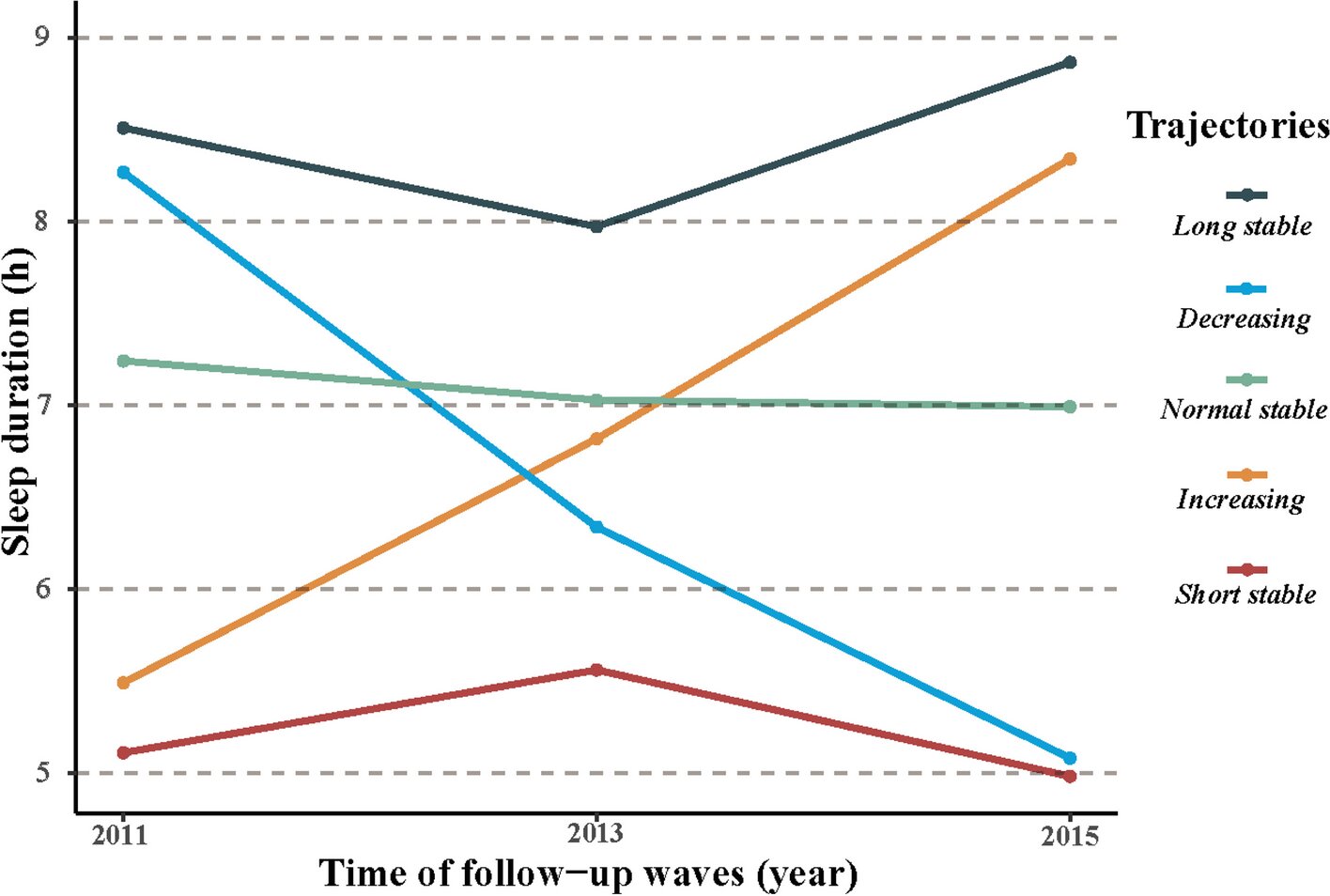
Researchers at Wenzhou Medical University in China have discovered that changes in sleep patterns as we age are associated with lower odds of successful aging.
Successful aging, as defined in the study, encompasses five key components:
- The absence of major chronic diseases such as diabetes, cancer, chronic lung diseases, heart disease, and stroke.
- No physical impairments, assessed by the ability to independently perform daily activities like dressing, bathing, and eating.
- High cognitive function, evaluated through cognitive tests including the Telephone Interview of Cognitive Status, picture drawing and word recall tasks.
- Good mental health, determined by a low score on the Center for Epidemiologic Studies Depression Scale indicating no significant depressive symptoms.
- Active engagement with life, demonstrated by participation in social activities such as socializing with friends, playing games like mahjong or chess, and attending community events.
These criteria are collectively designed to reflect a holistic approach to health and well-being in older adults. Previous studies have linked insufficient or excessive sleep to adverse health outcomes, but the impact of sleep duration changes over time on successful aging is unclear.
It is of particular concern in China, where a rapidly aging population, expected to reach 28% aged 60 and above by 2040, faces significant health challenges. The average life expectancy has been rising, reaching 77.6 years in 2019, which is great, but the healthy living expectancy is just 68.4 years, a lag of nearly nine-years.
In the study, “The association between sleep duration trajectories and successful aging: a population-based cohort study,” published in BMC Public Health, researchers analyzed 3,306 participants who were free of major chronic diseases at baseline in 2011 and had reached age 60 or older by 2020. Sleep duration was assessed in 2011, 2013, and 2015 by combining nighttime sleep and daytime naps to calculate total daily sleep hours.
The researchers identified five distinct sleep duration trajectories over the nine-year period: normal-stable (26.1% of participants), long-stable (26.7%), decreasing (7.3%), increasing (13.7%), and short-stable (26.2%). Logistic regression models adjusted for factors like age, sex, marital status, education level, household expenditure, lifestyle behaviors, and body type were used to examine the association between these sleep patterns and successful aging.
Using latent class mixed models (an algorithm that allows for comparison between disparate groups), researchers decided that individuals maintaining a normal-stable sleep pattern would serve as the reference group.
Participants with increasing and short stable sleep trajectories exhibited significantly lower odds of successful aging, with adjusted odds ratios of 0.64 and 0.48, respectively. The decreasing sleep pattern also showed reduced odds (adjusted OR of 0.64), though this did not reach statistical significance. The long-stable sleep pattern did not significantly differ from the normal-stable group.
Overall, just 13.8% of the cohort met the definition of successful aging by 2020.
Routine shorter and longer sleep durations over time may be hindering successful aging by disrupting physiological and psychological well-being. The patterns found in the study align with previous research linking irregular sleep habits to adverse health outcomes.
Maintaining stable and adequate sleep durations may be an often overlooked part of promoting healthy aging in China’s elderly population. The study gives good evidence for public health strategies focused on maintaining stable and adequate sleep duration as a component of successful aging initiatives.
More information:
Liuhong Tian et al, The association between sleep duration trajectories and successful aging: a population-based cohort study, BMC Public Health (2024). DOI: 10.1186/s12889-024-20524-7
© 2024 Science X Network
Citation:
Successful aging starts with a good night’s sleep, study suggests (2024, November 10)
retrieved 10 November 2024
from https://medicalxpress.com/news/2024-11-successful-aging-good-night.html
This document is subject to copyright. Apart from any fair dealing for the purpose of private study or research, no
part may be reproduced without the written permission. The content is provided for information purposes only.



